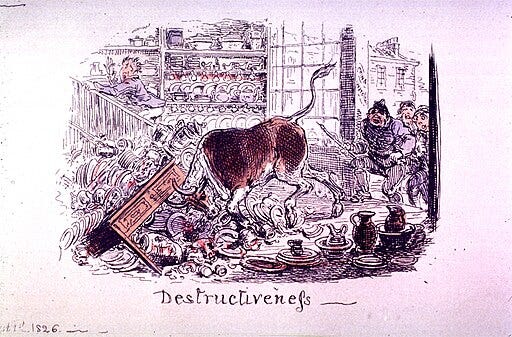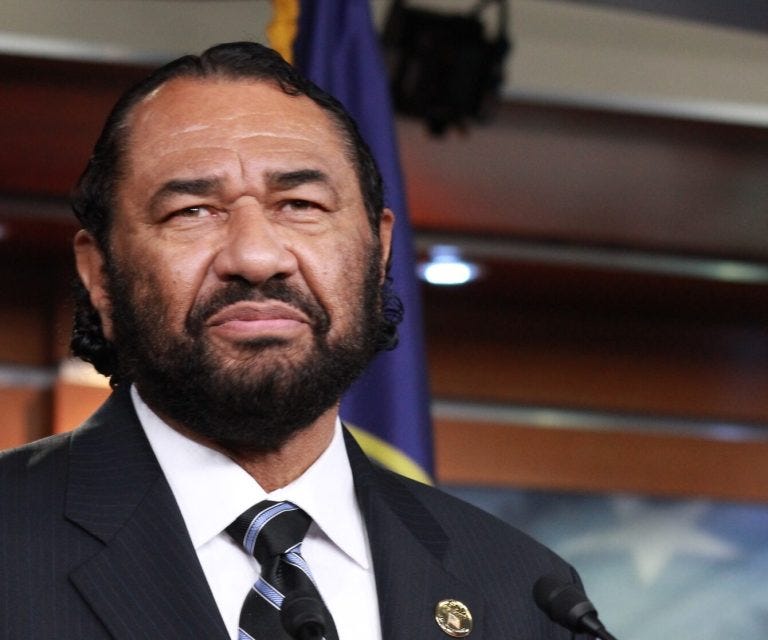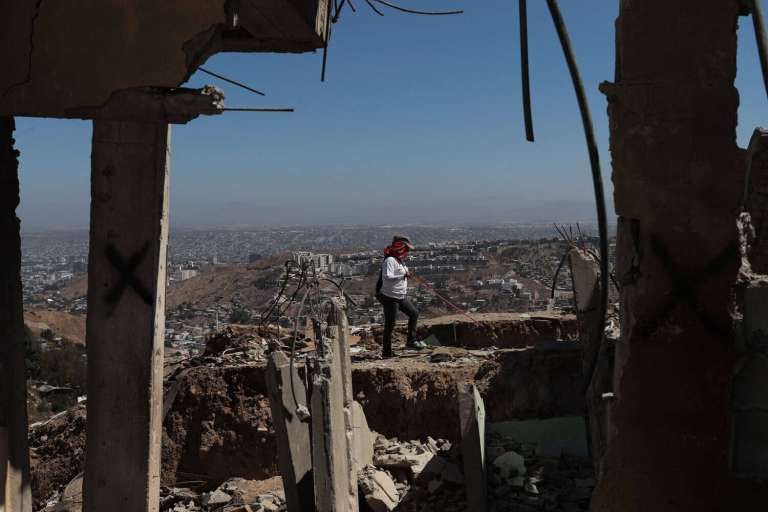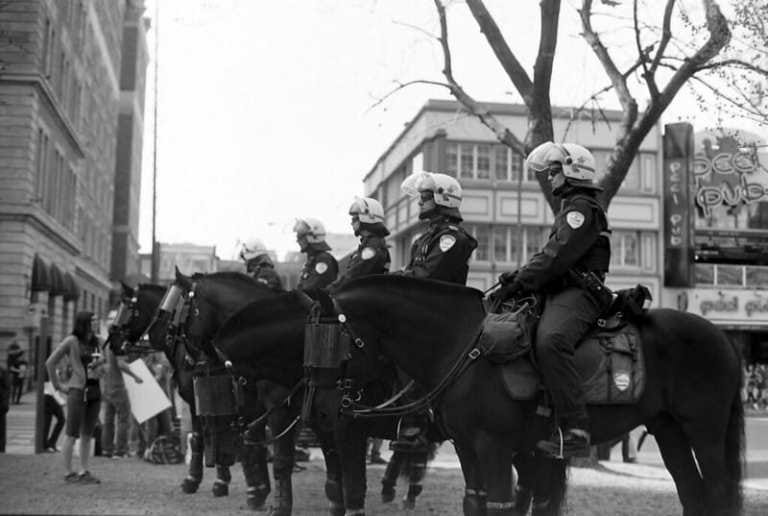Rich man problems
Imaginary gangs, empathy issues, Guantanamo 2.0, healthcare for Black Americans, and memory activism in Mexico
Elon Musk regards his lack of empathy as a kind of “superpower.” But if the billionaire really has been reading the Bible, David Lay Williams says, he’s missed a pretty big lesson. Meanwhile, Guantanamo 2.0 illustrates the long game of the ideological right, as Joseph Margulies points out—and reveals a president who views every interaction as a zero-sum contest in which he must always win. And no one loses more from Trump’s inevitable cuts to Medicaid than Black Americans, Eric T. Jones reminds us.
Elsewhere in the Americas, the stated rationale for policing street gangs in Montreal has always been “prevention” rather than actual incidents, argue Benoit Décary-Secours and Anne-Marie Livingstone. And Alexandra Délano Alonso, Natalia Mendoza, and Benjamin Nienass discuss how activists in Mexico are using memorials to challenge a justice system that conveniently “forgets” the murdered and disappeared—as evidenced by a citizen search party’s discovery of what appears to be a mass killing site in Teuchitlan last month.
People who, like Musk, possess the largest fortunes “most struggle to feel empathy, much less understand its importance for sustaining the social order,” Williams cautions. Empathy isn’t just a path to heaven—it’s how we avoid hell here on Earth.
Guantanamo, Again
Joseph Margulies
Tracking the damage President Trump has done in his first two months in office sometimes seems like counting the homes flattened in a hurricane. Every house matters to someone—but it’s the cumulative devastation that most matters to society as a whole. Yet as long as people are still picking through the wreckage in their own backyards, it’s hard to appreciate the full scope of the disaster. And this is, of course, deliberate. Shock and awe works best when the shocks are widespread and particularly awful. Sometimes one part of a larger disaster may reveal vital lessons about the whole. Take the strange case of Guantanamo 2.0.
Standing Up for the Health of Black Americans
Eric T. Jones
On March 4, Rep. Al Green (D-TX) was censured by his Congressional peers for interrupting President Trump’s joint address to Congress. What was lost in the media coverage of Green’s censure is the content of his comments—he was condemning Trump for projected cuts to Medicaid, which are certain to exacerbate existing racial health inequity.
Elon Musk’s Cruel Moral Sentiments
David Lay Williams
Musk’s savage cuts have struck many as “cruel,” “heartless,” and even “disgusting,” implemented apparently without regard to their effects on beneficiaries, such as impoverished peoples in the developing world, struggling Americans, and the dedicated government employees who administer programs tending to their needs. When accused in such terms, Musk has doubled down.
Memorials Against Violence in Mexico
Alexandra Délano Alonso, Natalia Mendoza, and Benjamin Nienass
Since 2006, Mexico has seen more than 300,000 murders and more than 110,000 people disappeared. Faced with a constant increase in violence, activists have turned to a new strategy: collective actions and demands centered around the work of memory. In their new book Las Luchas por la Memoria Contra las Violencias en México (El Colegio de México, 2024), editors Alexandra Délano Alonso, Benjamin Nienass, Alicia de los Ríos Merino, and María De Vecchi Gerli bring together researchers, activists, architects, curators, artists, and relatives of disappeared persons to discuss the processes of local and national memory construction in Mexico. Délano Alonso and Nienass sat down with sociocultural anthropologist and writer Natalia Mendoza to discuss how looking to the past offers a path forward.
From Moral Panic to Government Policy and Research
Benoit Décary-Secours and Anne-Marie Livingstone
The evolution of criminological research on gangs in Quebec mirrors events elsewhere. It began in the late 1980s with a media frenzy that attracted the attention of political elites and became the object of government policy and research. Just as the US was starting to be gripped by a moral panic over gangs, francophone journalists began alleging that Caribbean immigrant youths were following their counterparts in the US and bringing about a new and more violent wave of urban gangs. Journalists leaned on sensationalist images of Black and Latino gangs from the US to proclaim that Montreal was experiencing an “invasion” and “epidemic” of so-called Jamaican and Haitian gangs.






